
Vitamins Every Senior Needs for Stronger Legs
Vitamins Every Senior Needs for Stronger Legs
Struggling to climb stairs, stand up from a chair, or walk long distances may seem like a normal part of getting older—but in many cases, these issues are not simply age-related. Often, they are early warning signs of nutritional deficiencies that weaken the muscles, joints, and nerves that support your legs.
The encouraging news? With the right nutrients, adults over 50 can significantly improve leg strength, stability, and mobility. When combined, these vitamins and minerals work together to rebuild muscle, reduce inflammation, and support overall physical function.
Below are the essential nutrients every senior should prioritize for stronger, more resilient legs.
1. Vitamin D – The Strength Stabilizer
Up to 60% of older adults have low vitamin D levels, which can weaken both bones and muscles. Chronic deficiency increases the risk of falls, fatigue, and slower recovery from exercise or daily activities.
Why it matters:
Vitamin D supports muscle contraction and helps your body absorb calcium—both crucial for maintaining strong legs and steady balance.
What to do:
-
Supplement with 800–2000 IU of vitamin D₃ daily
-
Get regular (safe) sun exposure
-
Eat vitamin D–rich foods: fortified milk, egg yolks, salmon, sardines
Pro tip:
Take vitamin D with healthy fats—olive oil, avocado, or nuts—to boost absorption.
2. Magnesium – Nature’s Muscle Soother
Frequent leg cramps, tight calves, or nighttime spasms may be a sign of magnesium deficiency. This mineral plays a key role in muscle relaxation and nerve function.
Why it matters:
Without sufficient magnesium, muscles contract too tightly, leading to discomfort and reduced flexibility.
What to do:
-
Aim for 320–420 mg daily
-
Eat magnesium-rich foods: pumpkin seeds, spinach, almonds, black beans
-
Best supplemental form: magnesium glycinate (gentle and highly absorbable)
3. Vitamin B12 – The Nerve Connector
Feeling tingling, numbness, or unsteady walking? These may be early signs of a B12 deficiency. As we age, the stomach produces less acid, making it harder to absorb B12 from food.
Why it matters:
B12 supports nerve communication to the muscles. Low levels can lead to weakness, unstable balance, and slower reflexes.
What to do:
-
Choose methylcobalamin (sublingual or injections absorb best)
-
Eat fortified cereals, eggs, nutritional yeast, and organ meats
4. Collagen – The Structural Support
Collagen production naturally decreases with age, which weakens connective tissues, cartilage, and joint cushioning. This leads to stiffness, slower movement, and more discomfort during daily activities.
Why it matters:
Healthy collagen levels help protect your knees, hips, and ankles—major joints responsible for leg power and stability.
What to do:
-
Take hydrolyzed collagen peptides
-
Pair collagen with vitamin C to boost absorption
-
Eat collagen-rich foods: bone broth, chicken skin, wild-caught fish
5. Omega-3 Fatty Acids – The Inflammation Fighter
Inflammation is one of the biggest contributors to muscle breakdown and weakness in older adults. Omega-3s (EPA and DHA) help fight inflammation and protect muscle tissue.
Why it matters:
Reduced inflammation means less stiffness, better mobility, and faster muscle repair.
What to do:
-
Aim for 1,000–2,000 mg of omega-3s daily
-
Eat wild salmon, sardines, chia seeds
-
Consider high-quality fish oil or algae-based omega-3 supplements
6. Zinc – The Muscle Builder
Zinc plays a crucial role in muscle repair, hormone production, and metabolism. Even mild deficiency can slow muscle growth and make exercise less effective.
Why it matters:
Healthy zinc levels help maintain muscle mass, especially important after age 50 when muscle loss accelerates.
What to do:
-
Aim for 15–30 mg daily (pair with copper for balance)
-
Eat oysters, pumpkin seeds, beef, and chickpeas
-
Best supplemental form: zinc picolinate
7. Vitamin K2 – The Calcium Traffic Controller
Calcium is essential for strong bones—but without vitamin K2, calcium can end up in the wrong places, such as arteries or soft tissues, leading to stiffness and increased risk of fractures.
Why it matters:
K2 helps direct calcium into bones where it belongs, improving bone strength and joint comfort.
What to do:
-
Supplement with 100–200 mcg of MK-7
-
Eat natto, aged cheeses, and grass-fed dairy products
8. Selenium – The Cellular Defender
Selenium protects muscle cells from oxidative stress, which increases with age. It also supports thyroid function—important for metabolism, energy levels, and overall muscle performance.
Why it matters:
Low selenium can contribute to fatigue, weak legs, and slower recovery after activity.
What to do:
-
Eat 2 Brazil nuts a day (100–200 mcg of selenium)
-
Pair selenium with vitamin E for improved antioxidant benefits
Putting It All Together: A Simple Daily Strength Plan
| Nutrient | Daily Source |
|---|---|
| Vitamin D + Omega-3s | Cod liver oil or wild salmon |
| Magnesium + Zinc | Pumpkin seeds or high-quality supplement |
| Vitamin B12 | Sublingual methylcobalamin or fortified yeast |
| Collagen | Collagen peptides with citrus juice |
| Selenium | 2 Brazil nuts |
| Vitamin K2 | Natto or K2-MK7 supplement |
Final Thoughts: Stronger Legs Begin with Better Nutrition
If you’ve been feeling weaker, slower, or less steady on your feet, don’t assume it’s just the normal aging process. Your body may be signaling that it needs more of these essential nutrients.
By incorporating these eight powerful vitamins and minerals—and pairing them with daily movement and a nutrient-rich diet—many seniors notice:
-
stronger legs
-
fewer cramps
-
improved balance
-
increased confidence in movement
It’s never too late to rebuild strength. Nourish your body, support your muscles, and your legs will reward you with greater mobility and independence.
News in the same category


What It Means If You Always Need To Poop Straight After Eating
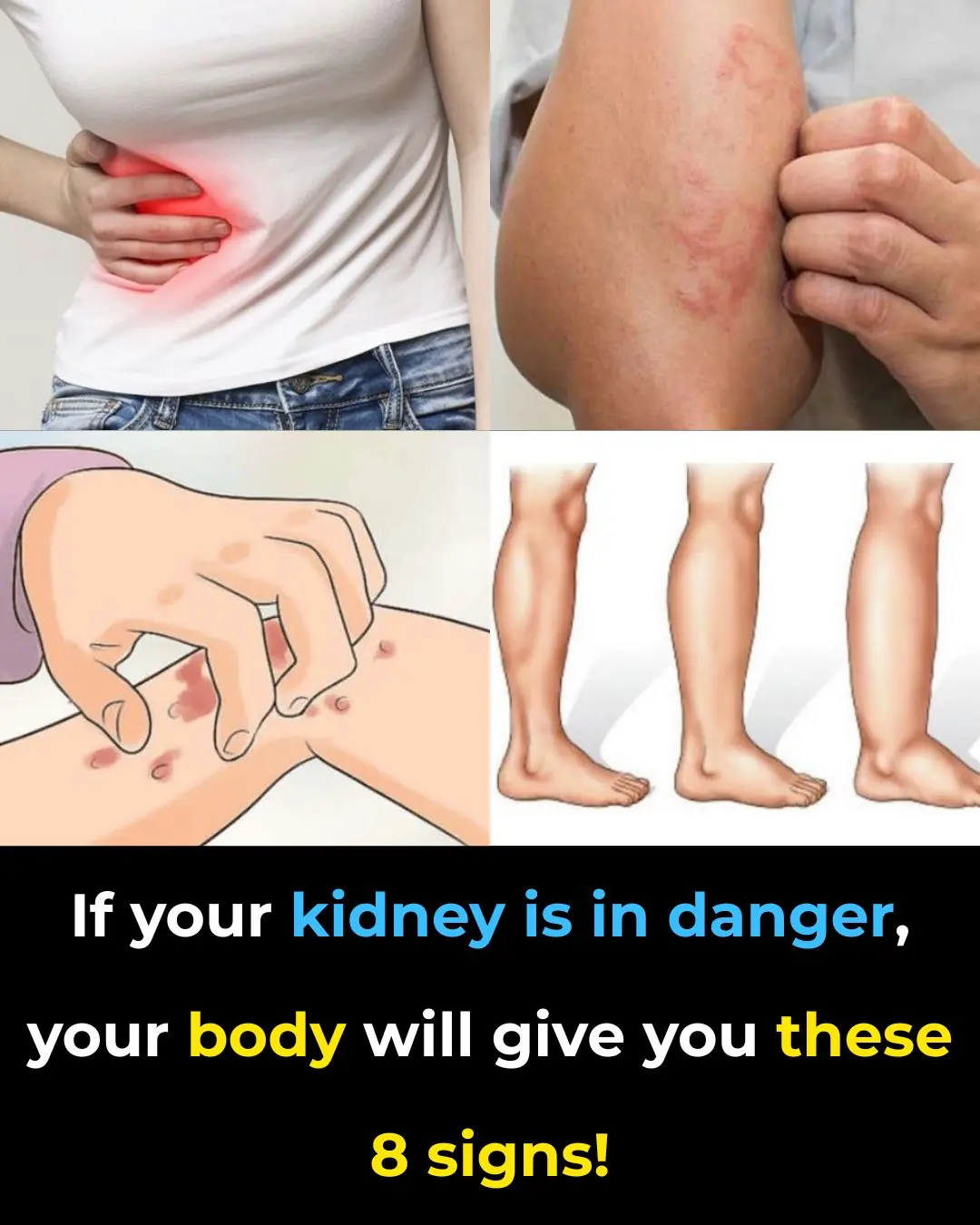
🩺 If Your Kidneys Are in Danger, Your Body Will Warn You With These 8 Signs

7 Ways To Instantly Stimulate Your Vagus Nerve To Fight Inflammation, Depression And Migraines
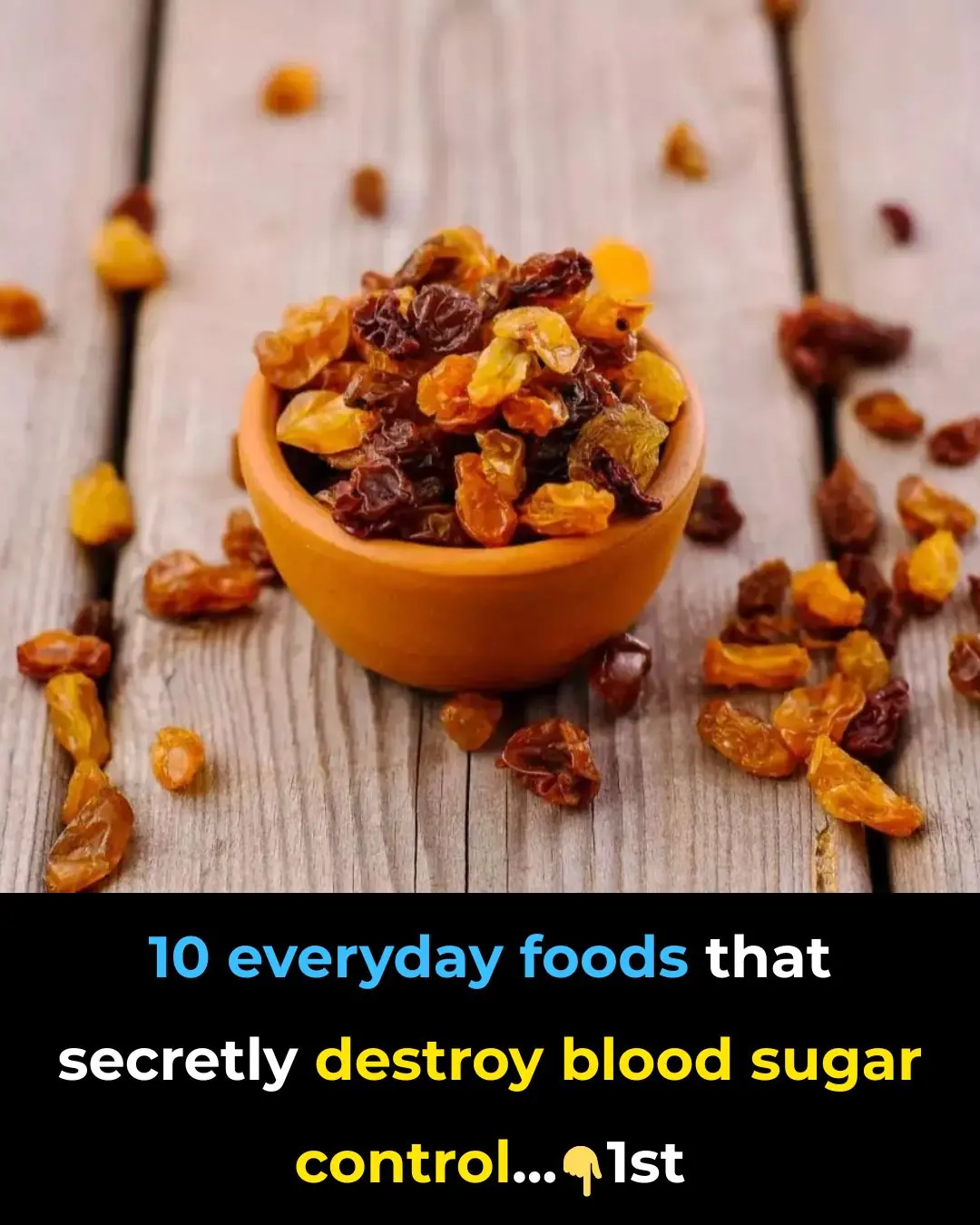
10 Worst Food for Diabetics: Top Foods to Avoid

HERE’S HOW TO QUICKLY EMPTY YOUR BOWELS AND END CONSTIPATION

1 Remedy to Naturally Get Rid of Snoring and Sleep Apnea
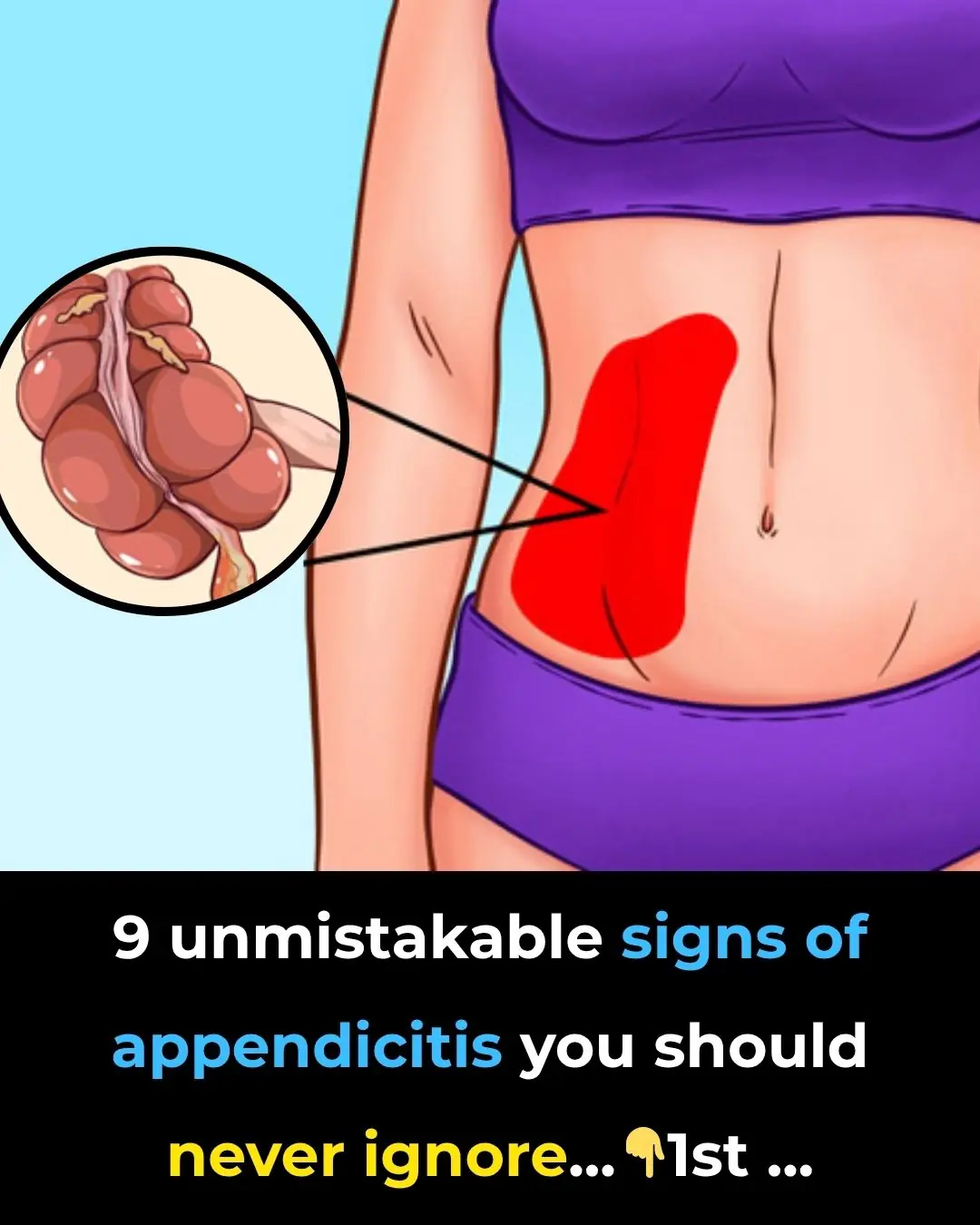
9 Unmistakable Signs Of Appendicitis You Should Never Ignore

The Hot Spoon Hack for Mosquito Bites

How to Effectively Remove a Painful Ingrown Toenail WITHOUT Having To Go To The Doctor
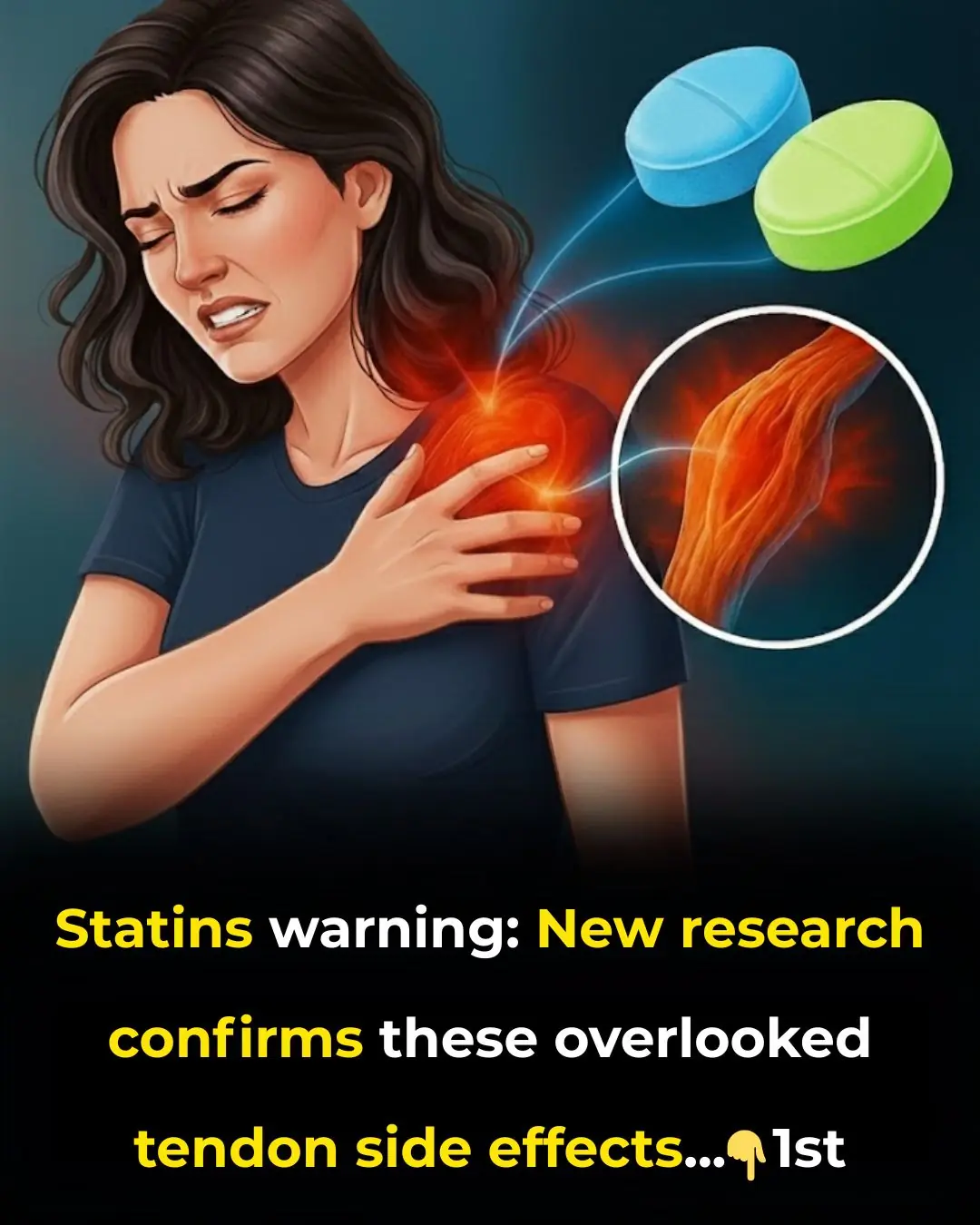
Statins warning: new research confirms these harmful side effects
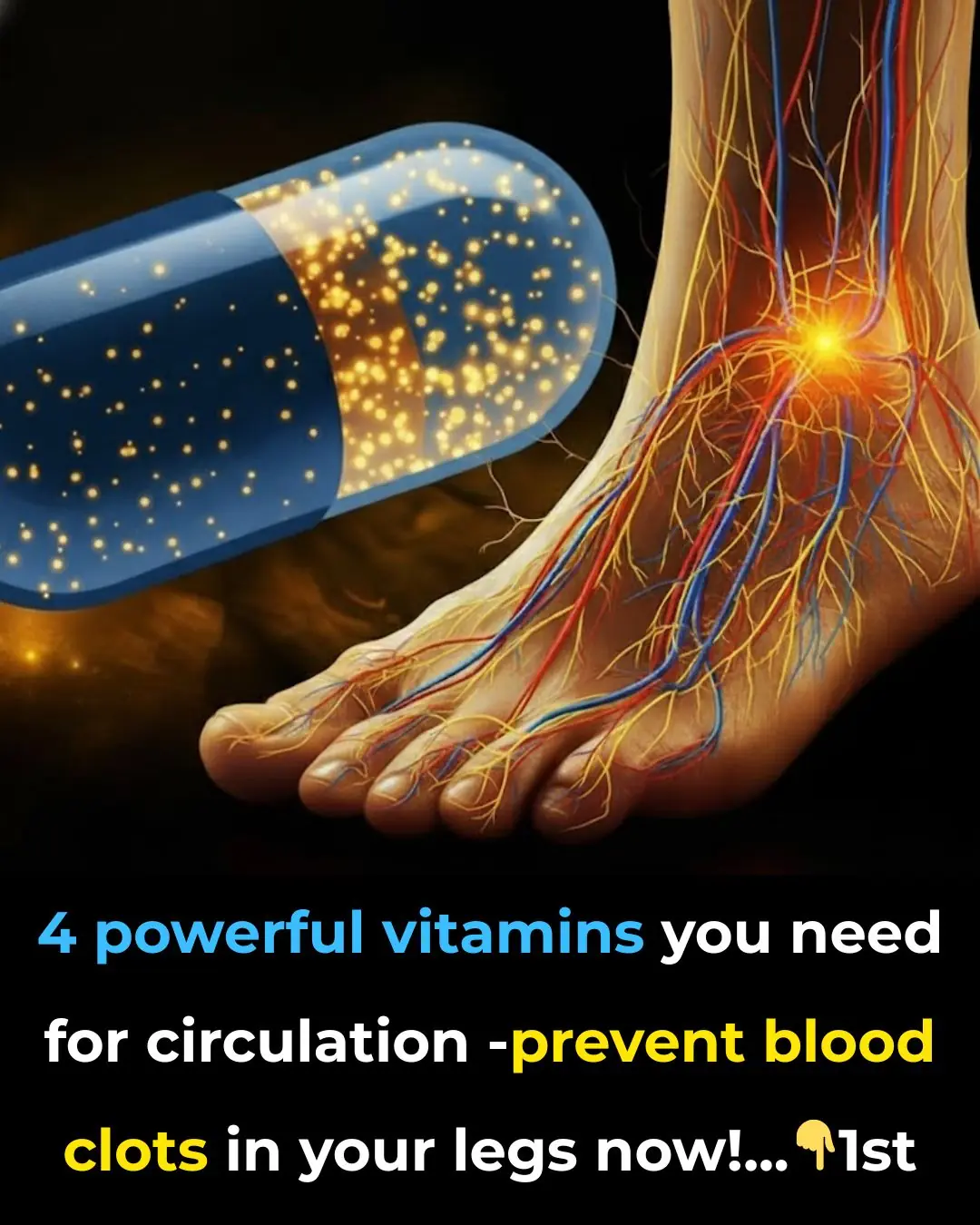
4 powerful vitamins you need for circulation – prevent blood clots in your legs now!

Too Friendly for Police Work, Perfect for Your Home: Adopt Former Service-Dog Trainees

Stem Cell Breakthrough Restores Natural Vision by Regenerating Damaged Corneas
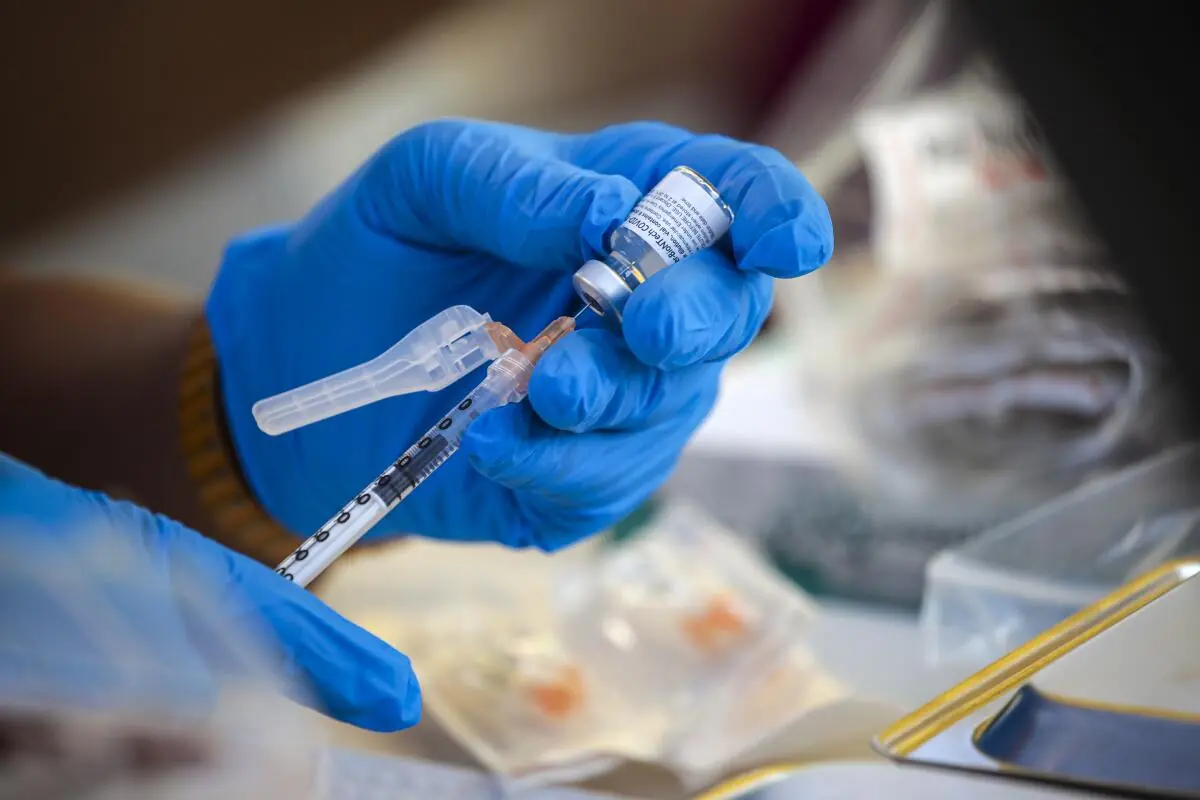
COVID-19 Infection Poses Far Greater Health Risks Than Vaccination – New Large-Scale Study Confirms
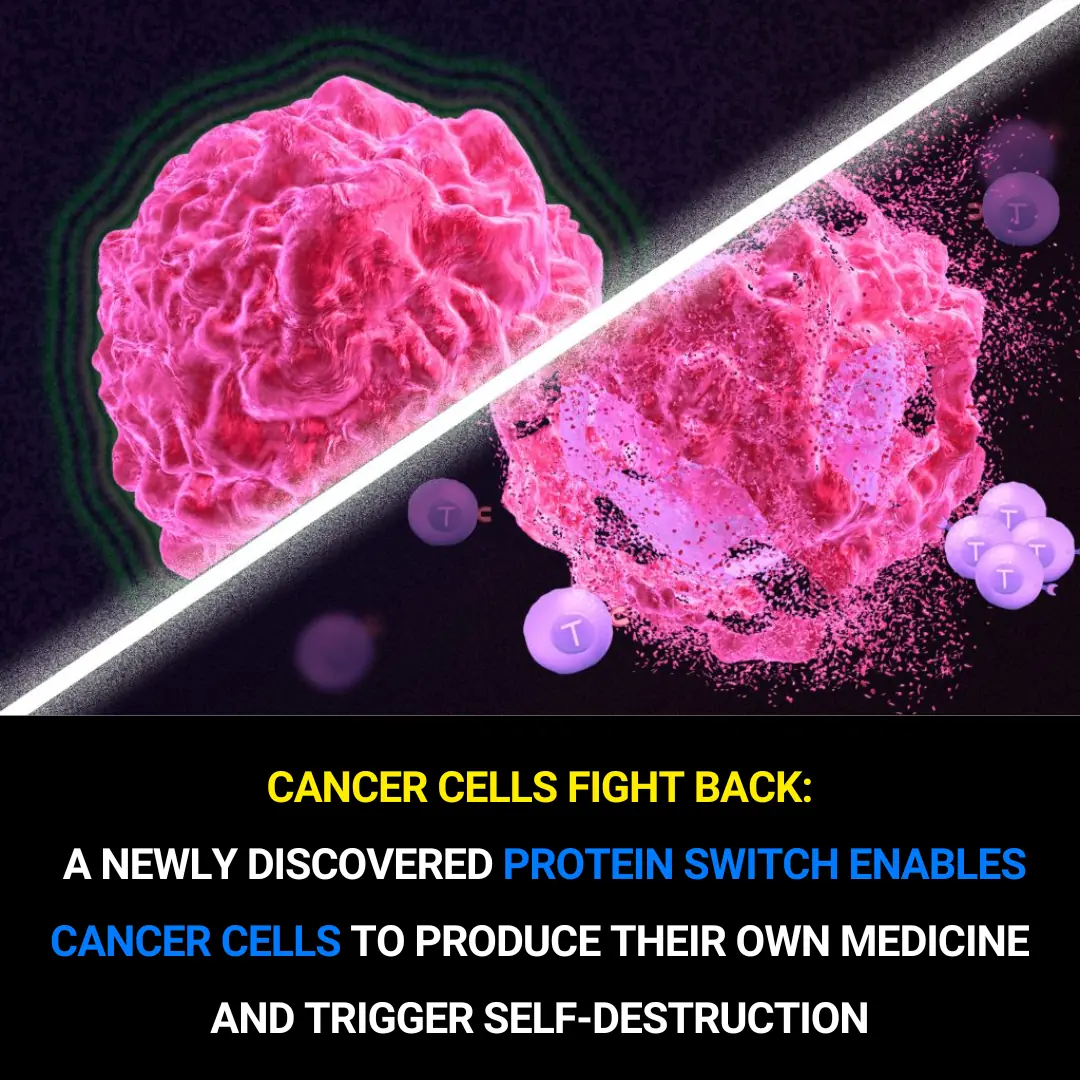
A Newly Discovered Protein Switch Could Transform Cancer Treatment
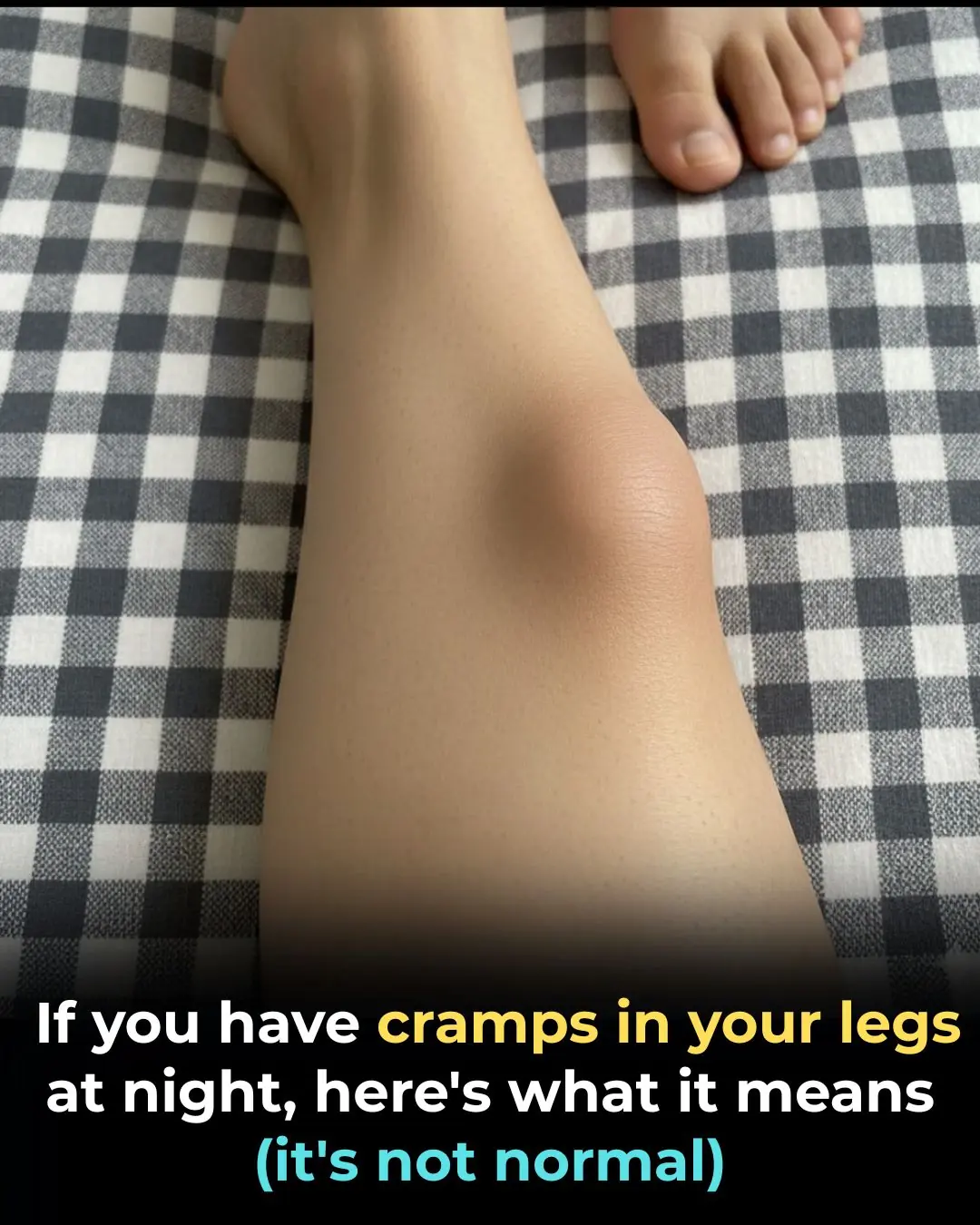
When Nighttime Leg Cramps Become a Concern

7 tips to eliminate dangerous blood fat
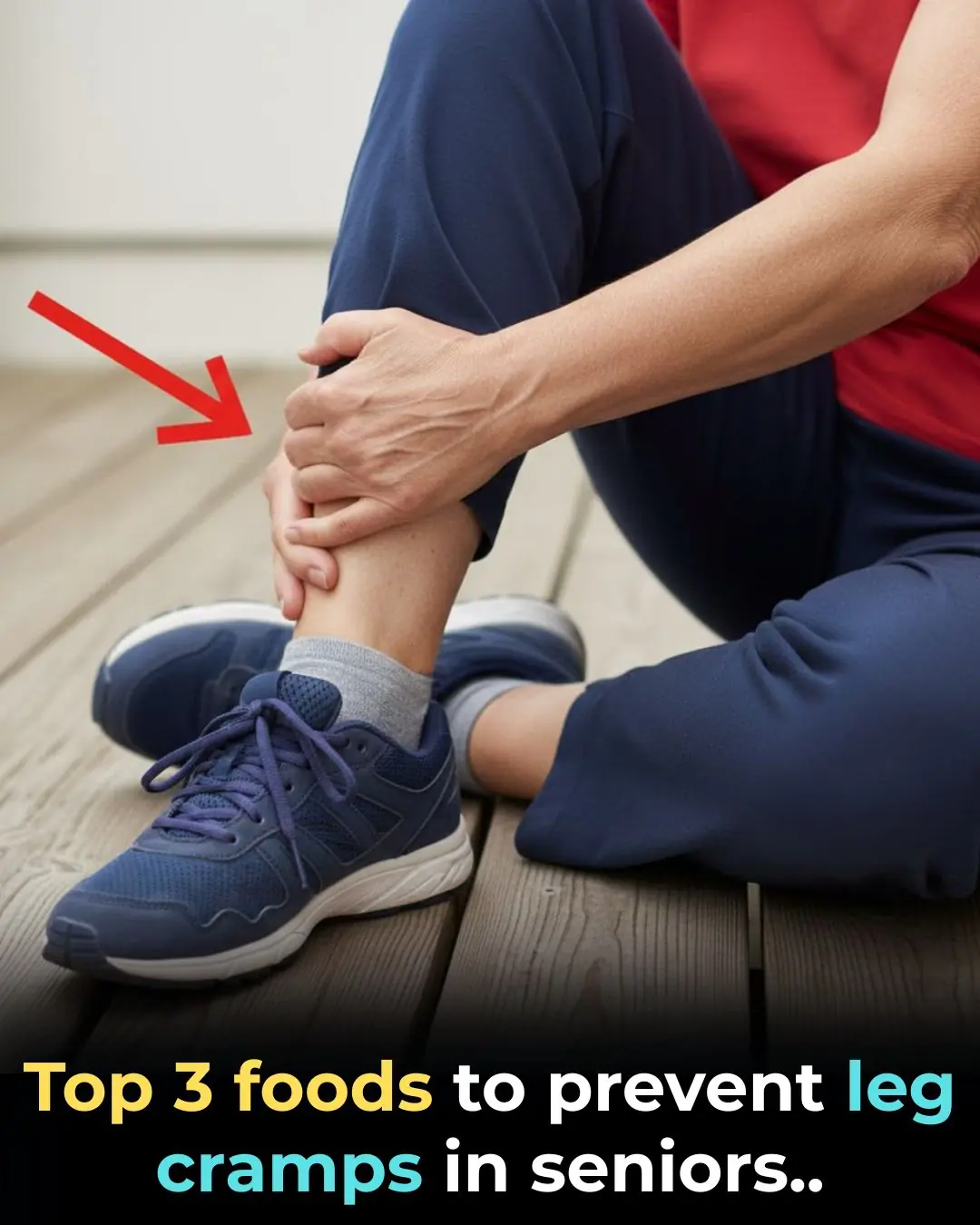
Top 3 Foods to Prevent Leg Cramps in Seniors: Strengthen Your Legs Naturally!
News Post

What It Means If You Always Need To Poop Straight After Eating

🩺 If Your Kidneys Are in Danger, Your Body Will Warn You With These 8 Signs

7 Ways To Instantly Stimulate Your Vagus Nerve To Fight Inflammation, Depression And Migraines

10 Worst Food for Diabetics: Top Foods to Avoid

HERE’S HOW TO QUICKLY EMPTY YOUR BOWELS AND END CONSTIPATION

Masterful Painting Of Jesus By 8-Year-Old—Says She Saw The True Face Of Jesus

1 Remedy to Naturally Get Rid of Snoring and Sleep Apnea

Unlock Radiant Skin: Your Comprehensive Guide to Homemade Flaxseed Gel

Can You Really Reverse Grey Hair? The Truth Behind Natural Remedies and Modern Treatments
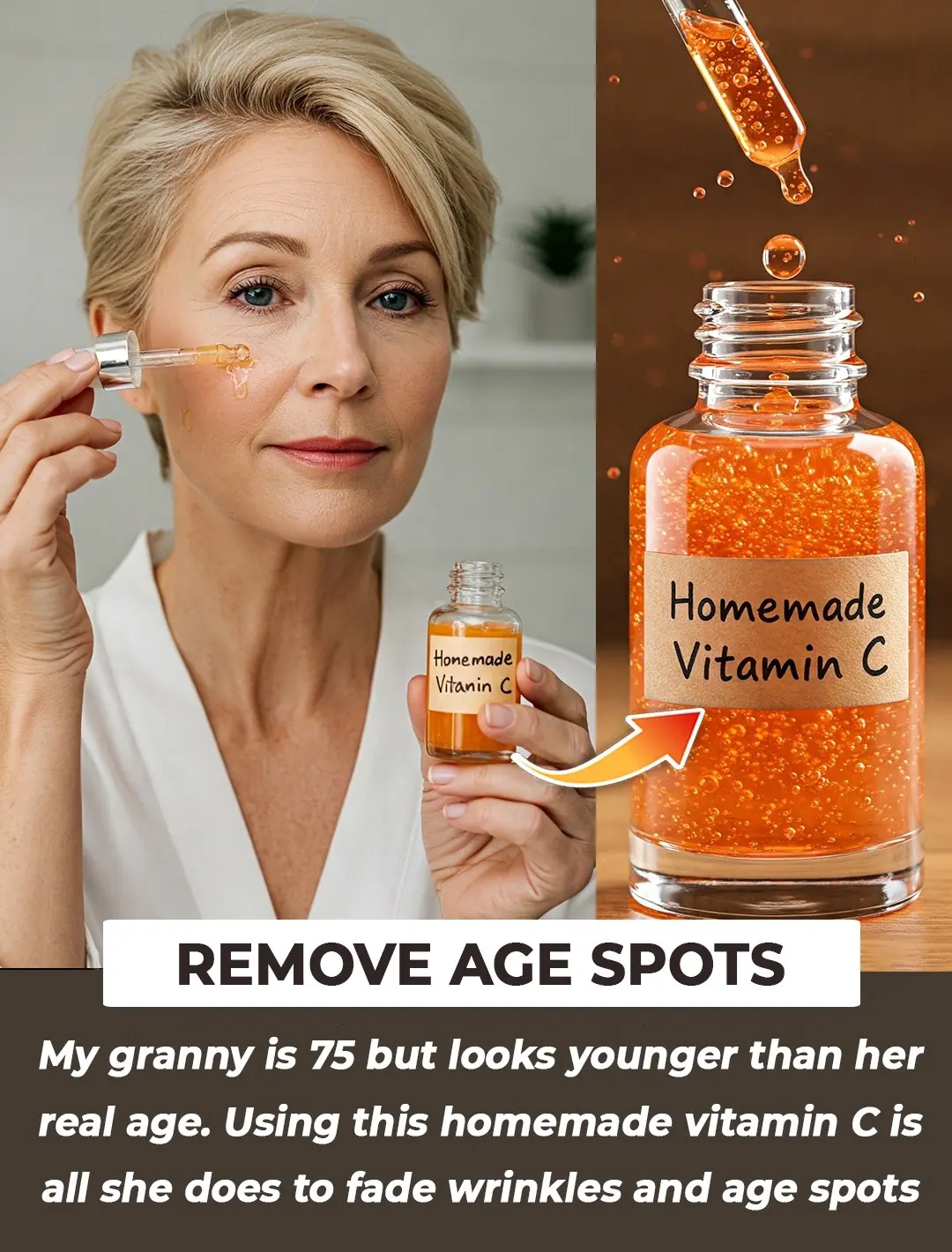
Homemade Vitamin C Serum: Your DIY Secret for Clear, Radiant Skin

Homemade Tonic For Thick Hair Growth

Richard Gere reveals what he misses most after ditching the US for Europe
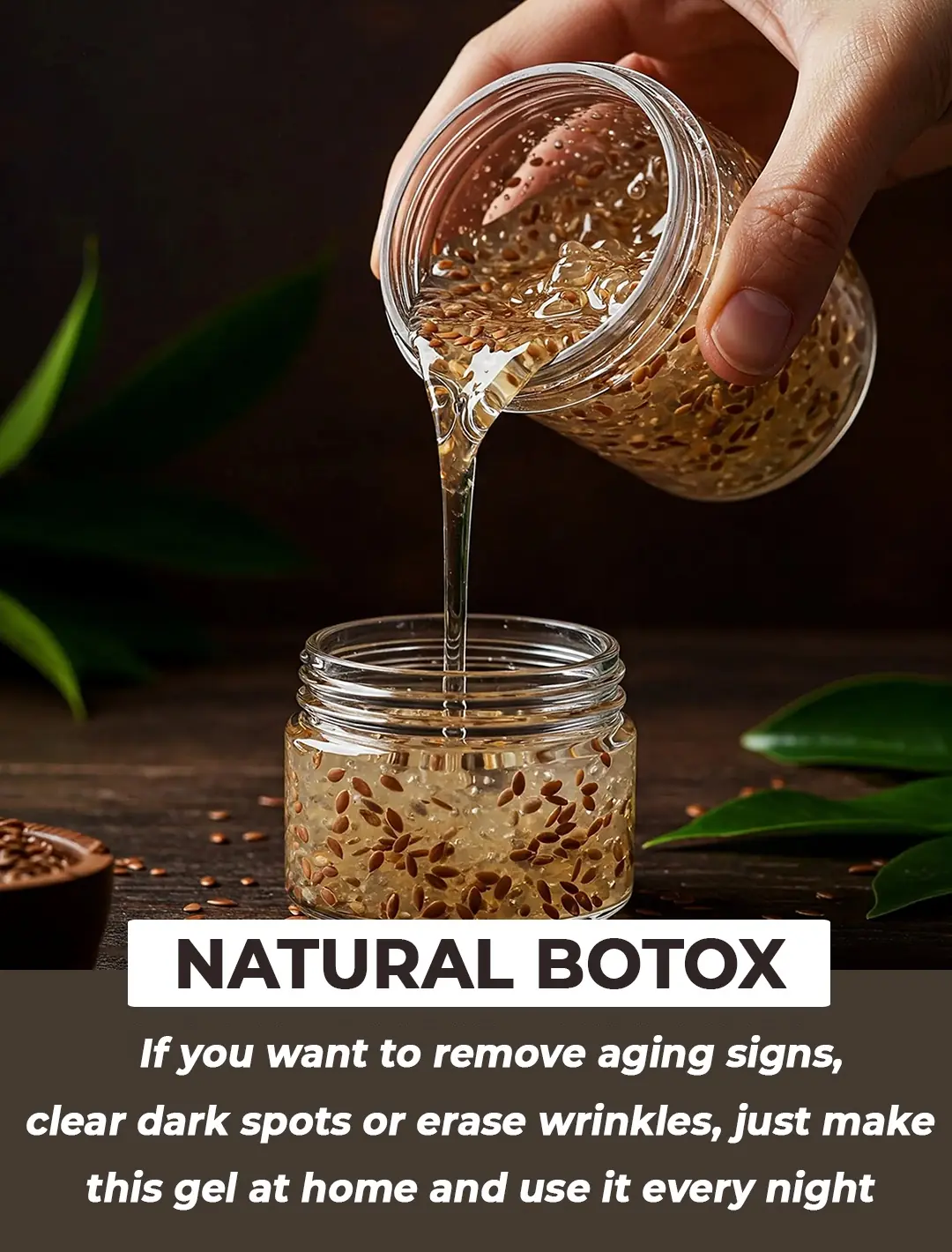
Flaxseeds Gel Night Cream To Prevent Early Signs Of Aging

Best Anti-Ageing Cream with Vaseline and Tomato

The Ultimate Guide to Dark Lips Treatment at Home: A Simple 3-Step Routine for Pigmented Lips
How to use Onion juice & Onion Hair Oil for Hair Growth – Onion Benefits for Hair

A Complete Facial with Fuller’s Earth Powder: The Ultimate Skincare Routine

Rice Water for Skin | DIY Toner Benefits to Remove Dark Spots & Shrink Large Pores
